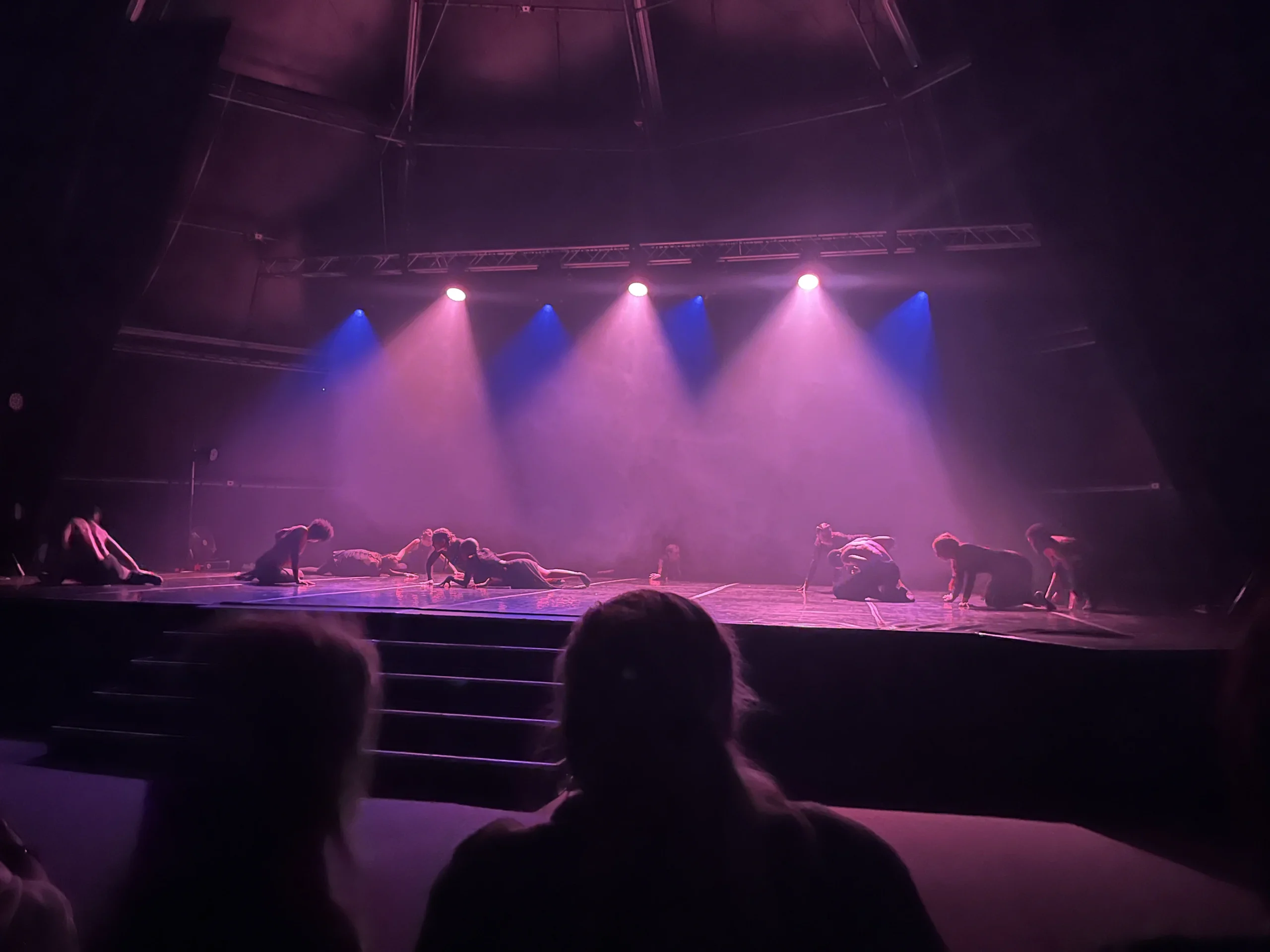”
Written byJordan Fernandez
Reflecting On The Stories Of South Africa’s Childhood.
My grandmother’s name is Elvey, just like my great-grandmother’s name, just like her mother’s name and her mother before that. She is crazy some of the time, entertaining most times and pretty damn wise all the time. Above all she is, like every gogo, a great storyteller. The stories she told us though, were not about frogs or princesses; they were about Steve Biko and Thabo Mbeki. Every time I visited her as a child, we would see a new museum and hear a couple of new stories that usually started with ‘when I was younger’.
The Voortrekker Monument, Fort Klapperkop, Pretoria Art Museum, Melrose House, the Kruger Museum, the Museum of Natural History, and the SAAF Museum, all amongst the ones she took us to. As we walked down the aisle of books, artefacts or pictures, she would tell us stories of South African lore, history, and culture. If I’m being honest, back then my brother and I just wanted the ice cream she promised we could have after our museum visits. We did not care much for the educational stuff, not like we do now.
Storytelling and history make us rich. Museums and the arts make us better people because we reflect on humanity itself and being a South African. At the Suidoosterfees, which recently took place in Cape Town, I felt like I was a little girl again, holding my grandmother’s hand and listening to the stories the Artscape had to tell. The building itself is a beautiful experience because of all the art on showcase. However, on May 1st, the people performing made the place come alive. Although I saw just a few shows, I left absolutely ‘wowed’ and weeks later, I am still thinking about it (and still telling my granny about it). The documentaries we watched were about the Rastafarian community in Judah square and the new forms of Afrikaans which have popped up all over South Africa. I learnt much about ‘Graaffrikaans’ and the dialect of the Namaqualanders. It was interesting and new. Who knew I could be taught so much without sitting in a lecture hall or classroom. The skit I watched called ‘Ouma & Bettie Kook’ was humorous, lighthearted and really did remind me of Ouma’s cooking and screaming in the kitchen.

The undeniable star of the show was the play, ‘The Good White’, written by Mike van Graan featuring Russel Savadier, Renate Stuurman, Vusi Kunene and Shonisani Masutha. Perfectly political, just dramatic enough and oh so relevant. This play is based around the #FeesMustFall protests and the university environment in South Africa. It creates perspective and promotes thought about themes like courage, justice, and equality. It did not feel like I was watching a play. It felt like I was in the middle of this back-and-forth, push-and-pull argument between Professor Whitehead and student Noluthando Kakaza, two of the main characters.
The play touches on the role of institutions in South Africa today, the narrative that white people perpetuate, decolonial education and the way students can be radical but sometimes selfish in protest. It makes you feel both seen and uncomfortable. It makes you feel understood, but also furthers your understanding of others. When art provokes an emotional response, it means it’s working. When it provokes questions, it means it was powerful. That is this play summed up for me.
As a crowd of South Africans watching these skits, plays and documentaries. There is a sense of togetherness, even if the content portrays the opposite. We all find the same jokes funny. We all laugh together, we sit in awe together and we take offence together. South Africa is rife with issues, as we all know, whether you want to look at corruption, lack of infrastructure, racism, xenophobia or students who are still without funds. However, for 90 minutes, as we all sit in a theatre, black and white, old and young, Zulu and Xhosa, English and Afrikaans. We are one nation, listening to stories of our childhood. Learning from past mistakes, reflecting on past times and admiring the path ahead. As we watch this play, for just a mere second, we are as the late Archbishop Tutu imagined, simply human…simply South African.
The next time Umakhulu tells you stories, don’t argue. When Nkhwatu wants to tell you anecdotes from back in her day, just listen. If the regular South African put a tenth of the effort they normally put it into their jobs or studies, into learning about South Africa or appreciating stories their grandmother tells, the future of our nation could look quite different.





